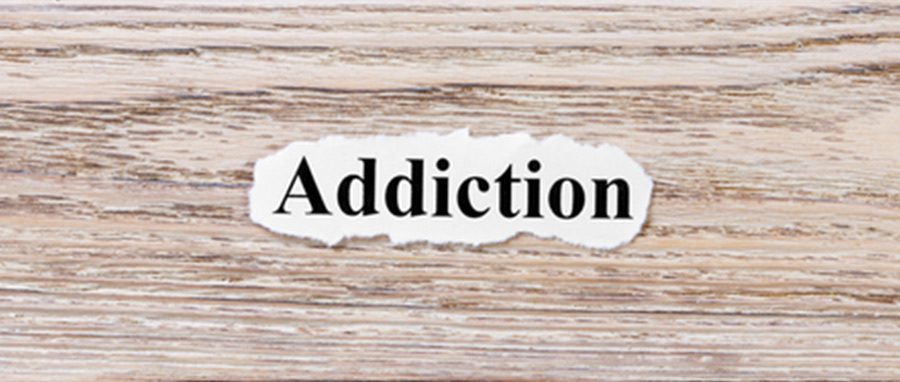Cognitive behavioral therapy is one of the leading evidence-based therapies being used in the treatment of addiction and alcoholism. Perform a “Google” search for cognitive behavioral therapy and find a myriad of conditions supported by the therapy type. Numerous studies have been conducted on the efficacy of cognitive behavioral therapy in reducing symptoms and enhancing recovery. Chronic pain, mental health conditions, cancers, diseases, and much more have found support and relief through regular cognitive behavioral therapy.
Epictetus once penned, “It’s not what happens to you, but how you react to it that matters.” The cognitive model of cognitive behavioral therapy investigates not what has happened to a person in their life but how they have perceived it, interpreted it, reacted to it, and allowed it to influence their life. More often, our perceptions of what happens in our life more significantly influences how we react to it, short term and long term, than whatever the specific circumstances of the situation were. If we can learn more about how we perceive and why we perceive in those ways, we can start to change our behaviors. First we change our thinking, then we change our acting. When we change our acting, we see tremendous improvements in our lives.
Cognitive behavioral therapy helps to identify problematic thought patterns and unhelpful thinking which causes distress and discomfort. Then CBT attempts to make a legitimate evaluation of how realistic those thought patterns are. Noting how unrealistic a thought pattern truly is, distorted ways of thinking can be changed. As a result, cognitive behavioral therapy empowers emotional and intellectual problem solving.
What stands out about cognitive behavioral therapy is the goal-focused, solution-based nature of the therapy. Rather than spend copious amounts of time examining and analyzing the past, cognitive behavioral therapy focuses on the present and finds solutions for the future. Cognitive behavioral therapy emphasizes the development of skills that continuously support introspection, decision making process, and behavioral changes.
Addiction is largely a behavioral issues. Recovering from addiction has to include behavioral adjustments in order to make recovery sustainable. By creating sustainable change, cognitive behavioral therapy helps men in recovery find freedom from addiction.
At Tree House Recovery, we’re helping men find freedom from addiction. Our treatment programs create sustainable change for sustainable recovery by helping men find their strength in body, mind, and spirit. For information on our Orange County programs, call us today: (855) 202-2138






